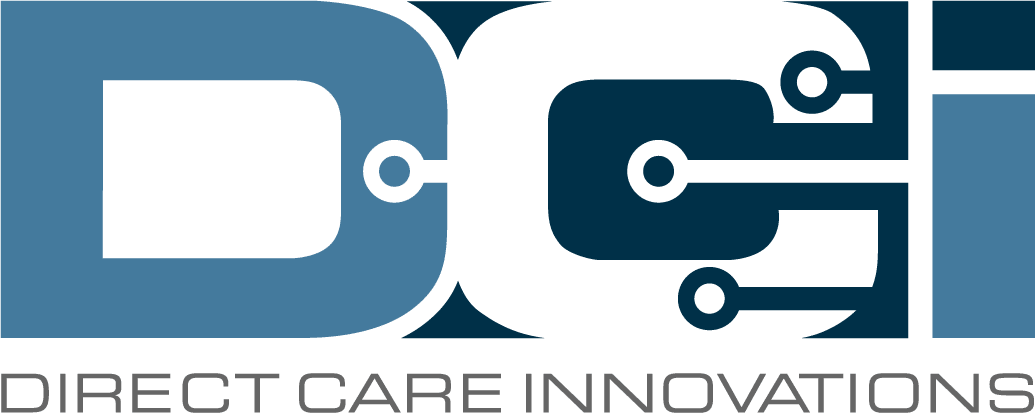Your EVV Vendor Options by State and What that Means for Agencies
When it comes to EVV vendor options, there are 5 options that all fall under either an “Open”, “Closed”, or “Hybrid” model. These options exist to cater to different state requirements and agencies that utilize electronic visit verification. Below, we’ve broken down what the 3 main categories mean for the 5 options that are currently present.
Closed EVV Model
In a closed model, the Medicaid program in each state will choose a single EVV vendor and require all companies to utilize that particular EVV system.
Within the 5 EVV options, these are the ones that would be considered closed:
- State Mandated In-House Model
- State Mandated External Vendor Model
The states under the “Closed” EVV model:
- Maryland
- Georgia (considering)
- Massachusetts (considering)
- Arizona
- Connecticut
- Washington DC
- Florida
- Illinois
- Kansas
- Missouri
- Montana
- Ohio
- South Carolina
- West Virginia
The closed EVV model creates a uniform system in which all providers comply with standardization across the board. There are several benefits to a closed EVV model, such as:
- More efficient internal processes
- Digital transformation from manual to digital processes
- Greater management and support for agencies as the state is responsible for the training and education
Regardless of the benefits, if a provider already has a system in place that meets EVV regulations, the new state-mandated EVV model will require a sizeable time investment and a complete shift in their central business processes.
Hybrid States Model
In a hybrid EVV model, the state offers an EVV solution while allowing the provider to choose which EVV system they want to use. The provider must select a solution that meets or exceeds government regulations. Within the 5 EVV options, the one model that would be considered hybrid:
Open Vendor Model
The states under the “hybrid” EVV model:
- Louisiana
- Texas
- Massachusetts (considering)
- North Dakota (considering)
- New Jersey (considering)
The benefits of the hybrid model include:
- The provider has the choice of which solution it will use.
- States will often provide a solution at no cost.
- A centralized platform is readily available and easy to use.
- Some platforms can integrate into existing systems.
If you decide to choose your vendor, contact us today for a demo! We’re ready to help your agency become EVV compliant through our custom solution.
Open States Model
The open vendor model allows companies to utilize a state EVV vendor or operate their system. The state-contracted vendor system will act as the default system. In addition, vendors may choose the state system or select an EVV vendor. States will set minimum regulations and standards for all EVV vendors. Some states may also require some type of integration between the state EVV and the provider’s EVV vendor of choice. Within the 5 EVV options, the two remaining models that would be considered open:
- MCP Choice Model
- Provider Choice Model
The states under the “Open” EVV model:
- Missouri
- Alaska
- New York
- Utah
- Washington
- West Virginia
- New Mexico
- Tennessee
- New Jersey (considering)
Why DCI Stands Out as a Leading EVV Vendor
DCI has built a reputation as a leading EVV vendor that offers comprehensive authorization management, training certification, payroll, billing, scheduling, and electronic visit verification.
We stand out for several reasons:
- We simplify authorization management.
- We can ensure compliance to audit-proof your business.
- By using the DCI EVV, you can save money and reduce overtime hours.
- You get more accurate billing and invoices.
- You can streamline your resources and employee time management.
- Stay compliant while using any remote device from any location.
We can help you choose the right type of EVV from high tech to low tech and implement your EVV so that you stay compliant with your state regulations. The more you know about your options, the better your decision-making process will be. To find out more about our product, sign up for a demo today.

